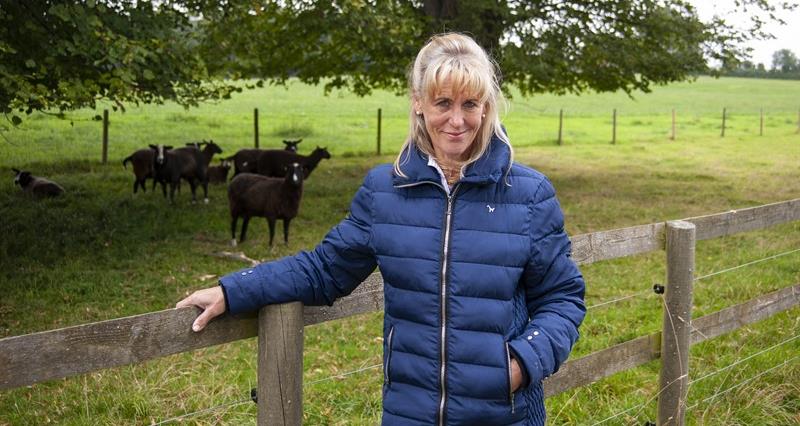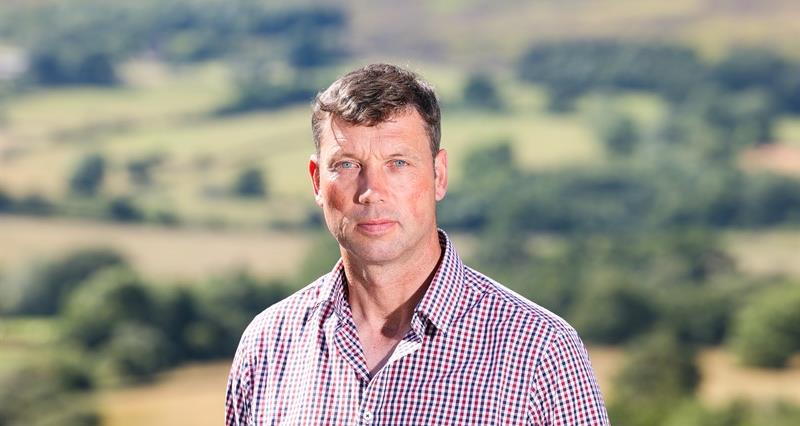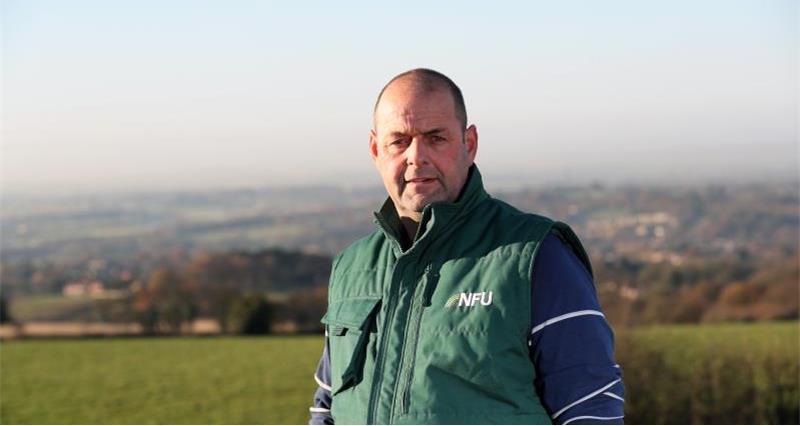The deal was agreed in principle by Prime Minister Boris Johnson and Australian Prime Minister Scott Morrison in June, but negotiators have now finalised the agreement.
International Trade Secretary Anne-Marie Trevelyan said that the deal was a landmark moment for the UK and Australia. She went on to say, "This agreement is tailored to the UK’s strengths, and delivers for businesses, families, and consumers in every part of the UK – helping us to level up."
But there does not seem to be much in the deal to benefit British farmers.
One-sided deal
Responding to the news that the UK-Australia trade has been finalised, NFU President Minette Batters reiterated comments that have been made since June.
“As we feared following the agreement in principle, there appears to be extremely little in this deal to benefit British farmers. We will analyse the detail in full, but on the face of it, this is a one-sided deal.
When it comes to agriculture, the Australians have achieved all they have asked for and British farmers are left wondering what has been secured for them.”
“The government needs to level with farmers about the commercial reality of this and ditch the soundbites that lost any meaning a long time ago.”
NFU President Minette Batters
Short-term protection
Commenting that the UK government had given in to much of what Australia wanted, Mrs Batters said, “In particular, it is disappointing that the UK government has capitulated to Australian demands to time-limit any safeguards for sensitive sectors.
Despite assurances that these sectors would be afforded some level of protection, we will see full liberalisation of dairy after just six years, sugar after eight years and beef and lamb after 15 years.”
She went on to explain that there will also be no safeguards available for any products if imports reach damaging levels after the 15 years is up.
“Just as concerningly, the UK has agreed to beef and lamb quotas which will favour imports of high-value cuts, despite this being the end of the market where British farmers tend to derive any value from their hard work.”
No level playing field
It is hard to see where the government is supporting British farmers.
Mrs Batters said, “It’s also difficult to discern anything in this deal that will allow us to control imports of food produced below the standards legally required of British farmers, for instance on land deforested for cattle production or systems that rely on the transport of live animals in a way that would be illegal here.
“Ultimately, this deal simply serves to heap further pressure on farm businesses at a time when they are facing extraordinary inflationary pressure and sustained labour shortages, an issue the entire food supply chain agreed needed urgent action at a cross-sector summit earlier this week.
“The government needs to level with farmers about the commercial reality of this and ditch the soundbites that lost any meaning a long time ago.
It needs to set out a detailed agri-food export strategy, with complementary policies that will enable UK farmers to compete and adjust. We have seen some progress as the government begins to set out its export strategy, but much, much more is needed and implementing our three-point plan for getting farming ‘match-ready’ would be a good start.”
Government rhetoric
It's hard to be heartened by the detail of the deal but Mrs Batters says, “I hope that MPs will now take a good, hard look at this deal to see if it really does match up to the government’s rhetoric to support our farmers’ businesses and safeguard our high animal welfare and environmental standards. I fear they will be disappointed.”
Blueprint
Given the government says this agreement is a blueprint for all the other countries planning to do trade deals with the UK it is important that we continue to work with the new strengthened Trade and Agriculture Commission (TAC) to work out a way forward for British agriculture.



